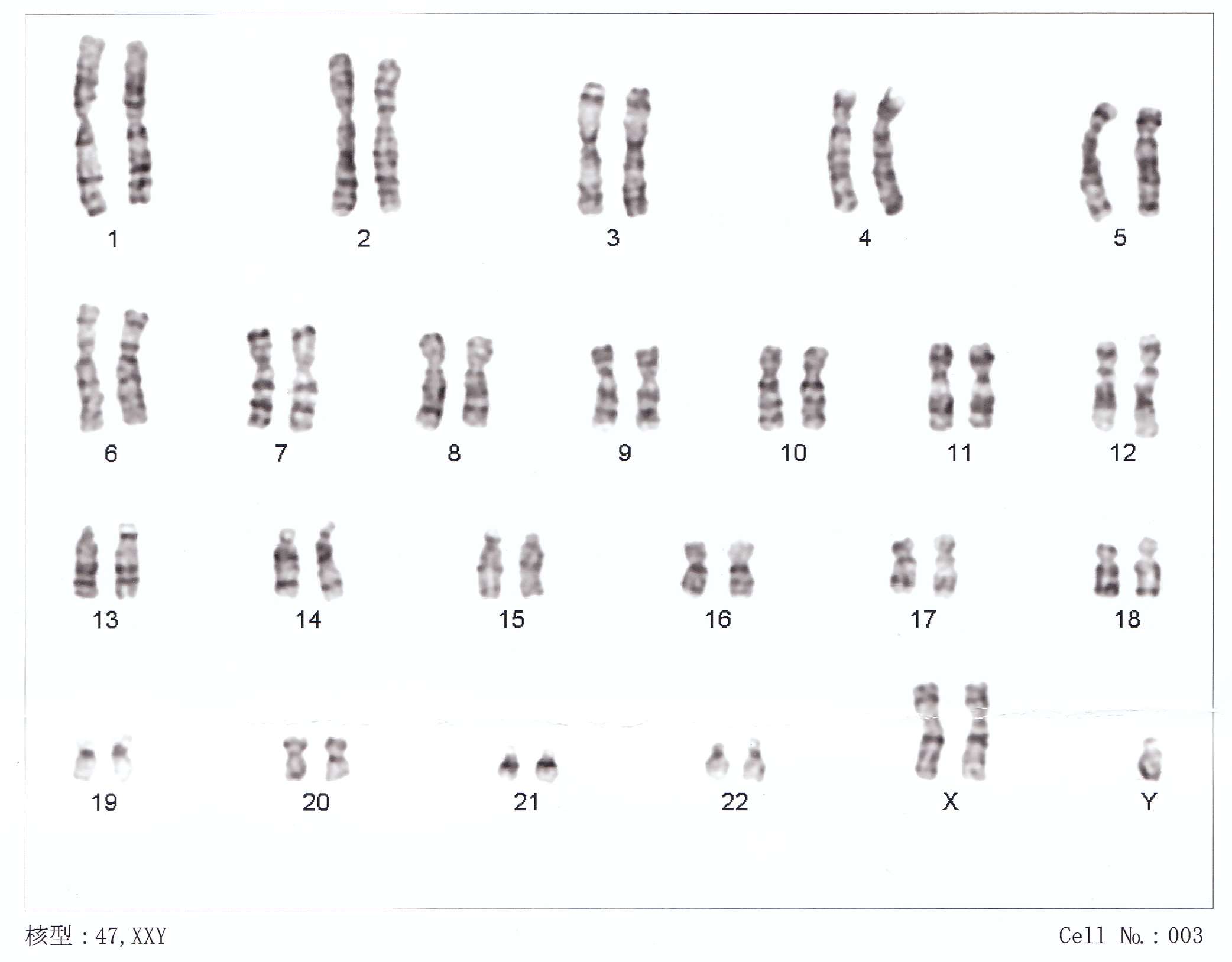Aggregated News

The genetic genealogy industry is booming. In recent years, more than 15 million people have offered up their DNA — a cheek swab, some saliva in a test-tube — to services such as 23andMe and Ancestry.com in pursuit of answers about their heritage. In exchange for a genetic fingerprint, individuals may find a birth parent, long-lost cousins, perhaps even a link to Oprah or Alexander the Great.
But as these registries of genetic identity grow, it’s becoming harder for individuals to retain any anonymity. Already, 60 percent of Americans of Northern European descent — the primary group using these sites — can be identified through such databases whether or not they’ve joined one themselves, according to a study published today in the journal Science.
Within two or three years, 90 percent of Americans of European descent will be identifiable from their DNA, researchers found. The science-fiction future, in which everyone is known whether or not they want to be, is nigh.
“It’s not the distant future, it’s the near future,” said Yaniv Erlich, the lead author of the study. Dr...



